
The ancient and salty Dead Sea is the site of both history and
healing. Yet in the last 40 years, the lake has shrunk by a third
and sunk 25 metres. Experts believe it could disappear in as little
as 50 years, due to neighbouring countries drawing water from the
River Jordan
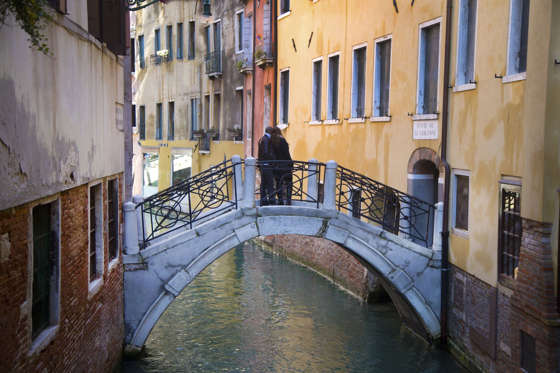
The Italian city, considered as one of the most romantic cities
in the world, is facing ruin. The city of canals has long been
sinking, but an uptick in the number of increasingly severe floods
each year could leave Venice uninhabitable by this century’s
end.
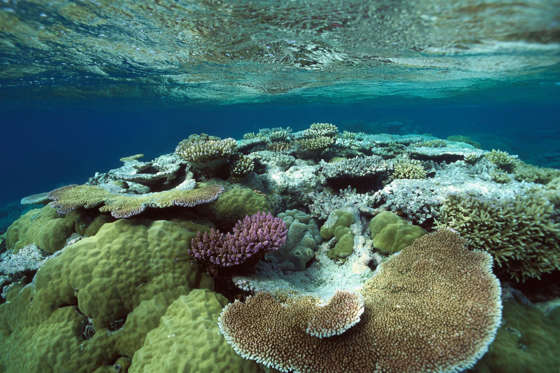
The largest coral reef in the world, which covers more than
344,400 square kilometre, has long been an attraction Down Under.
Yet increasing environmental challenges have been steadily eroding
the structure for years now. From rising ocean temperatures to an
influx of pollution, experts estimate that about 60 per cent of the
reef may be lost by 2030.
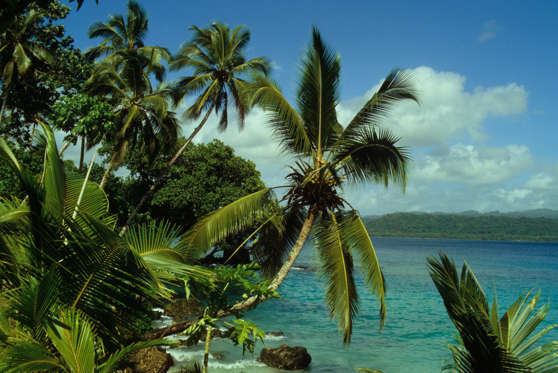
Solomon Islands is a sovereign country consisting of a large
cluster of islands. So far, the island has been spared the fate met
by many others in the Solomon Islands archipelago, which "are
being ravaged by rampant logging," according to Conservation
International amphibian expert Robin Moore
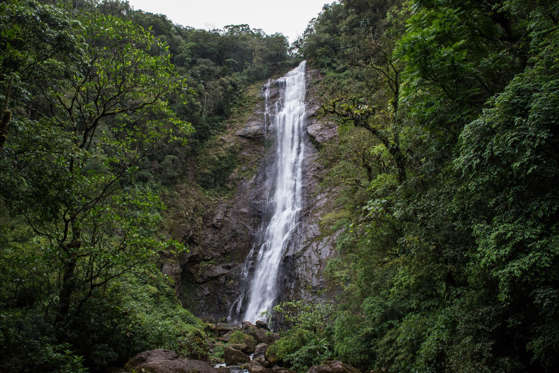
Shown abutting the Brazilian city of Belo Horizonte in 2004, the
species-rich Atlantic Forest originally spanned 1.35 million square
kilometres in Brazil, Paraguay, Argentina and Uruguay. But due to
an expansion of logging and agriculture, the forest is now less
than seven per cent its original size, and exists mainly as
isolated patches, some less than 24 hectares.
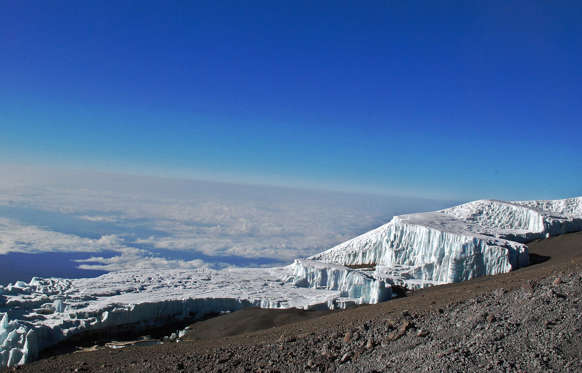
They've been around for at least 10,000 years, but Mount
Kilimanjaro's glaciers have shrunk by 80 per cent in roughly the
past century, according to the UN. The combined impact of global
warming and changes in land use have likely contributed to glacial
decline. In 2009, scientists predicted that the glaciers will be
gone completely by 2022
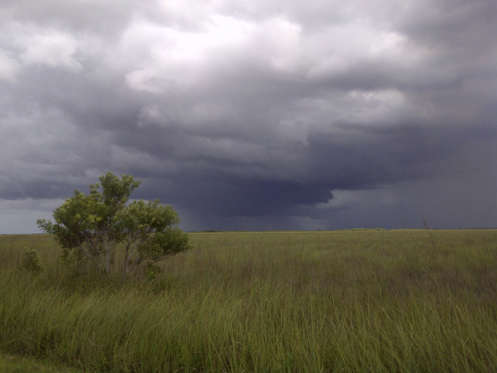
The Everglades has had its share of troubles, from invasive
pythons and polluted waters to damaging recreation practices.
But the low-lying ecosystem of saw grass and mangroves could be
permanently altered if it's inundated with salt water due
to the rise in sea level in the coming decades, according
to the US National Park Service. Core samples, tide-gauge readings
and satellite measurements show that over the past century, the
global mean sea level has risen by four to eight inches, according
to the US Global Change Research Programme.
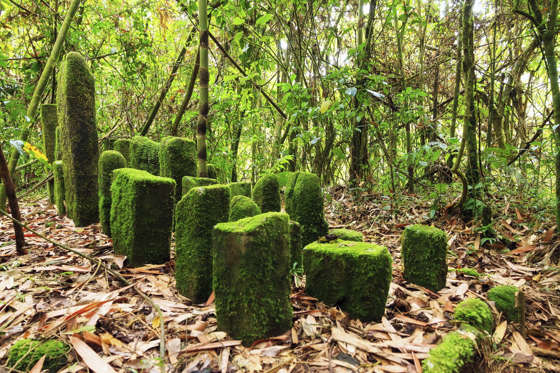
As the fourth largest island in the world, Madagascar is home to
some of the richest tropical rainforests and most diverse wildlife,
like lemurs and mongoose. However, the dense ecosystem has been
continually destroyed by poaching, logging and burning. If actions
are not taken to save the island, it is expected that its
rainforests and unique inhabitants will vanish in 35 years.
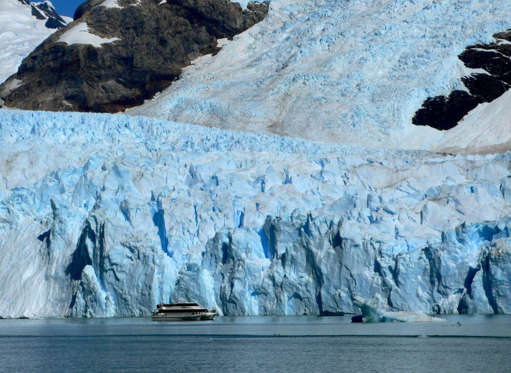
As the largest ice fields in the world after those on Antarctica
and Greenland, the Patagonian ice fields in Chile are feeling the
effects of global warming and receding at a shockingly fast speed.
Scientists have found that up to 90 per cent of the mountain
glaciers are melting 100 times faster than at any other time in the
past three centuries. In just the last five years, dozens of
glacier lakes have already virtually disappeared.